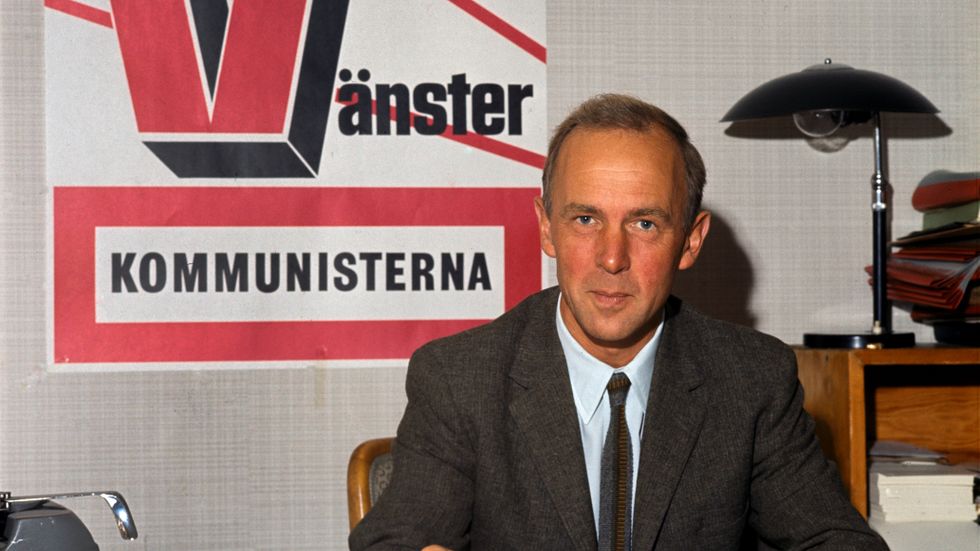The 2022 election was another success for the Sweden Democrats, who now has increased its voter support for nine consecutive elections. After the election, the party for the first time began formal government negotiations with three of the centre-right parties: the Moderates, the Liberals and the Christian Democrats. It resulted in the so-called “Tidö Agreement”, which gives SD an equal influence over government policy without seats in the government. The agreement has a broad political scope, although not comprehensive. SD has primarily had influence in criminal and migration policy, but is also considered to have influenced economic policy by opposing liberal economic reforms and welfare cuts.
SD used to be strongly eurosceptic but has moderated its position and no longer advocates an immediate “Swexit”. It was also opposed to Nato membership but changed position on the issue even before the war in Ukraine.
SD is socially conservative but nevertheless takes rather moderate positions on most social issues, a reflection of how Sweden differs from most countries. For example, SD is nowadays in favour of Sweden’s liberal abortion law as well as equal treatment of same sex couples, although they took much more conservative positions on these issues before. On economic issues, SD used to be more left-leaning but has gradually shifted more to the right.
The Sweden Democrats are generally considered to be anti-liberal but democratic. For example, the party’s 2019 ideological program begins by adhering to “the classical definition of democracy, where the concept of democracy is not made synonymous with one’s own political views.” Additionally, the program clarifies that the party would like to see stronger elements of direct democracy and that a “common national and cultural identity” is a cornerstone of a functioning democracy.
It is also evident that the Sweden Democrats have reservations about many specific elements of liberal democracy. Party representatives frequently voice opposition to minority rights, scepticism towards independent media, lack of interest in international conventions, and a desire to control research and education (with gender studies being a specific focus). There are numerous quotes from prominent party members suggesting that the Sweden Democrats aspire to lead Sweden in a direction similar to Hungary or Poland. However, after one and a half years as an almost regular coalition partner, there is little evidence to suggest that the SD has actively pursued such measures.
Cooperation with SD is highly controversial in Sweden. Until the late 2010s, the party was the subject of an informal cordon sanitaire, all other parties promising to never cooperate with them. This was sometimes motivated with reference to the SD:s roots in right wing extremism, but also with reference to their migration policy.







